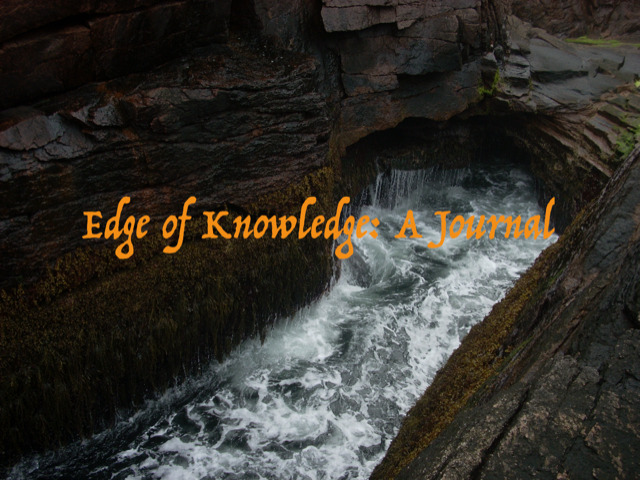
It wasn’t merely that Galileo advocated for some new astronomical observations regarding certain celestial objects. His real crime was that he undermined Church authority by granting the power to determine the truth about reality to individual reasoning and scientific experimentation rather than to established dogma. He also was one of the first to say that the laws of Nature are mathematical and that the Church should have sway in matters of faith and ethics but not of science. By championing the scientific method and its independence from religious oversight, like Descartes, Galileo contributed enormously to the foundational principles of the Age that was just dawning.
At its heart the Age of Enlightenment, which has sometimes been called the Age of Reason, was a call for the freedom to think for oneself. In 1784 Immanuel Kant (1724-1804) wrote a short essay entitled, “An Answer to the Question: What is Enlightenment?”, the opening paragraph of which was a clarion call to the Age:
“Enlightenment is man’s emergence from his self-incurred immaturity. Immaturity is the inability to use one’s own understanding without the guidance of another. This immaturity is self-incurred if its cause is not a lack of understanding but lack of resolution and courage to use it without the guidance of another. The motto of enlightenment is therefore: Sapere aude! Have courage to use your own understanding!”
Public education and discussion were encouraged and found a home in the salons, debating societies, Masonic Lodges and coffeehouses of London, Paris, Berlin, Vienna and other European cities. Some debating societies were even open not only to upper-class men, but also to women and working-class people as well. Though the focus was at first primarily on a questioning of religious norms, it soon also came to include the political domain as well. This new openness and faith in the individual’s power and right to reason eventually brought a shift in the understanding of the social contract from being based on the Divine Right of Kings to being based on the consent of the governed. Inevitably, the freedom to reason for oneself led not only to questioning the position of the planets in the cosmic order, but also the position of the monarch in the social order and in due course to the political revolutions of the 18th and 19th Centuries.







